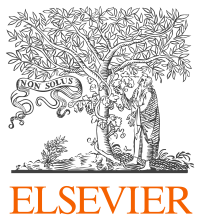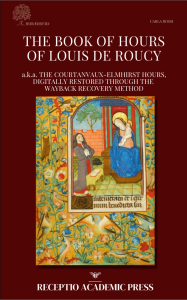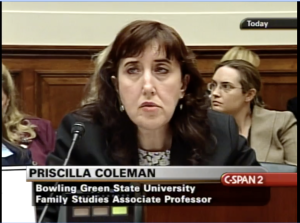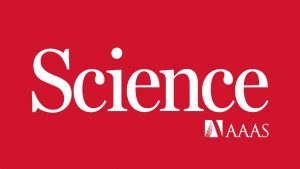Anna Abalkina noticed something odd about a psychology paper on the “modern problems of youth extremism”: The corresponding author was affiliated with a university in Russia, but his email address had a domain name from India.
The unusual domain name was part of a pattern Abalkina, of the Freie Universität Berlin, noticed in hundreds of papers that seemed to have been produced by paper mills.
Six of those papers, including the one on youth extremism, had been published in the Journal of Community Psychology, a Wiley title. Dorothy Bishop, a psychologist at the University of Oxford, conducted a detailed review of the six articles, along with the published referee reports and editorial correspondence on Publons, to see if anything else about them was amiss.
Continue reading How fishy email addresses tipped off a sleuth to a paper mill








